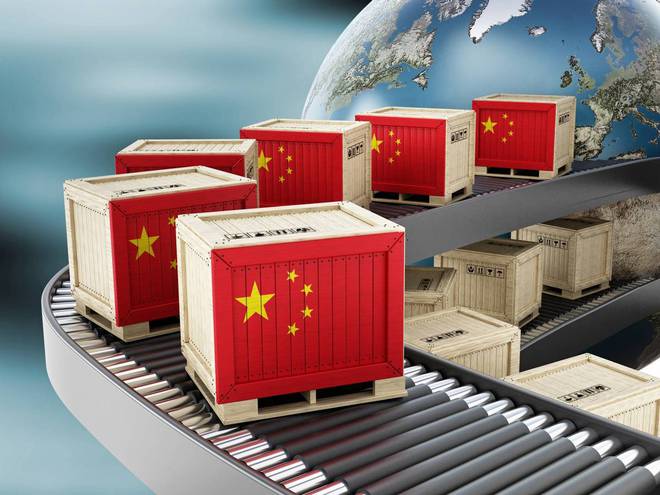Picture
Your Present Location: HOME> PictureWang Wen: on US tariffs with BBC

By Wang Wen
In Chinese mainstream media, there are not as many reports on US tariffs as imagined. Most ordinary Chinese people have been used to the tariff war of the US. Over the past 7 years, China and the US have been in a long term trade war. Chinese People do not believe that such tariffs would have a significant impact on the Chinese economy. The dependence of China's economic growth on exports has decreased to around 16%, while the dependence on exports to the US has decreased to about 2%. The Chinese believe that Trump is fickle and hypocritical. And the Chinese government is able to respond well to Trump.
China has become accustomed to the US tariff war. In fact, before 2018, the average tariff on China-US trade was around 2%. In the following seven years, the average tariff increased to 20%. But these high tariffs have not reduced the US and China bilateral trade volume as well as China's trade surplus with the US, nor have they decoupled US-China trade relation. Now, it has reached nearly 74%. But most of Chinese people believe that the US tariff war against China is ineffective.
Chinese products have strong competitiveness. About 40% of the products by the United States have a 100% dependence on China. When American importers purchase these products from China, they must pay additional Trump tariff fees to China exporters. These costs will be passed on to American consumers. From this perspective, the 11 result of Trump's tariffs is to increase inflation in the United States.
China has many countermeasures against Trump's policy of imposing tariffs. For example, imposing equal tariffs. Devalue RMB. Restrictions on the export of rare earths to the US, etc. China has a lot of experience dealing with Trump. But in my opinion, the best way to deal with Trump is to do well in domestic affairs. In recent years, China has continuously promoted domestic reforms, opened up to the outside world, broken through technological blockades, and attracted foreign capital, which has made China the best investment hotspot in the world. From these perspectives, in the competition between China and the United States, time is on China's side.
Trump launches the largest tariff war in world history. At present, the average tariff standards in the United States have returned to pre World War II levels. This is not only a major setback in US foreign trade policy, but also has a huge impact on economic globalization. In fact, currently, almost all countries in the world are opposing Trump's tariff policies. In terms of trade policy, Trump has made the US a public enemy of the world. Canada, Mexico, and many European countries are preparing countermeasures, and China will also adopt countermeasures. From this point, this is a very foolish behavior.
It is obvious that Trump is a 'paper tiger'. On the one hand, Trump seems to be using "tariffs" to gain more bargaining chips in negotiations with other countries. On the other hand, Trump is also very afraid that "tariffs" will harm the economic growth of the United States itself. This is why Trump proposed "reciprocal tariffs" but appeared quite hesitant and waited for several days before introducing them.
In fact, Trump's economic policies are harming the US. In the first quarter of this year, the total market value of the US stock market has evaporated by $1.7 trillion. The inflation and unemployment rates in the United States have become more severe. The term 'Trump recession' is being fulfilled. In the eyes of the Chinese, Trump is destroying the American economy, and the probability of an economic crisis in the United States is rising. In China, social expectations are on the rise. People have become more confident and believe that the Chinese economy will become better by 2025. Many Chinese people call Trump "Chuan Jianguo", that is, "Trump helps build a better China".
Key Words: Wang Wen, RDCY, China, US, tariffs























































































 京公网安备 11010802037854号
京公网安备 11010802037854号





